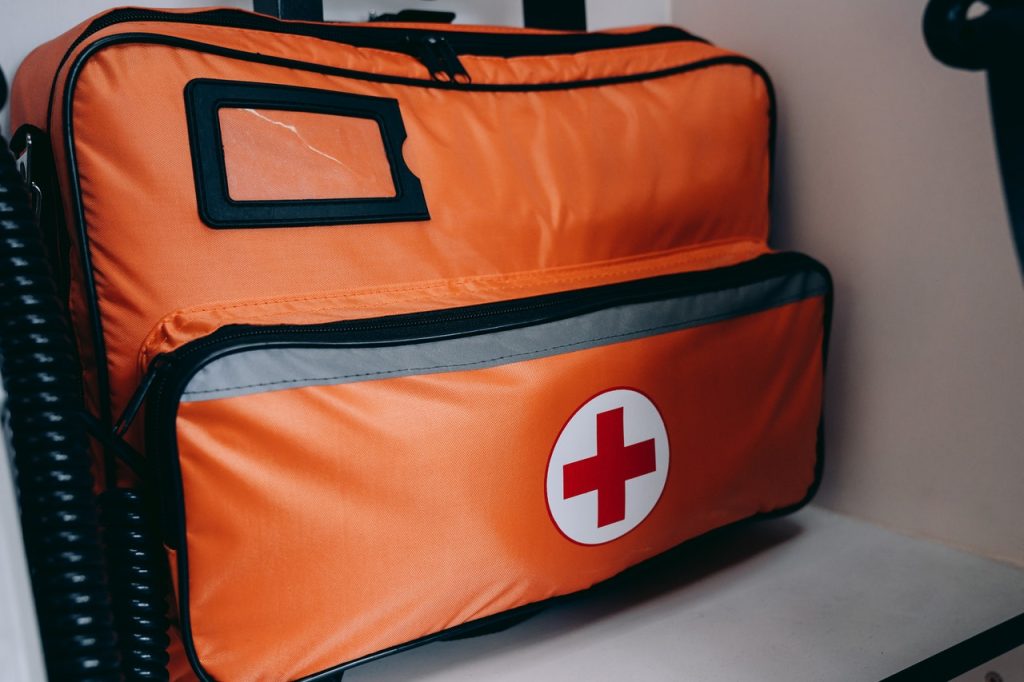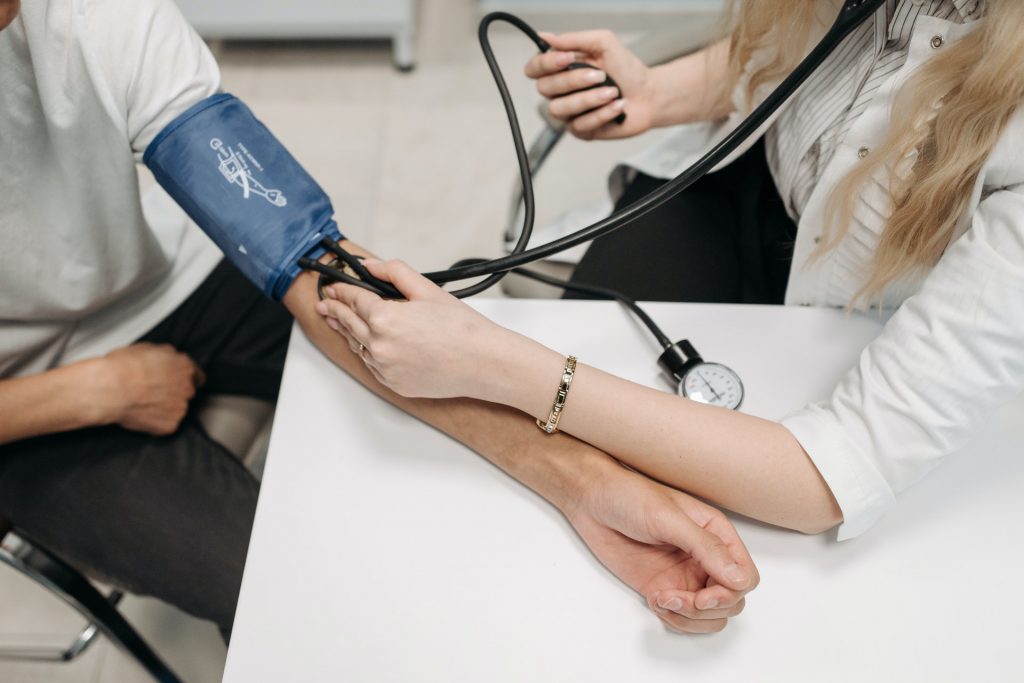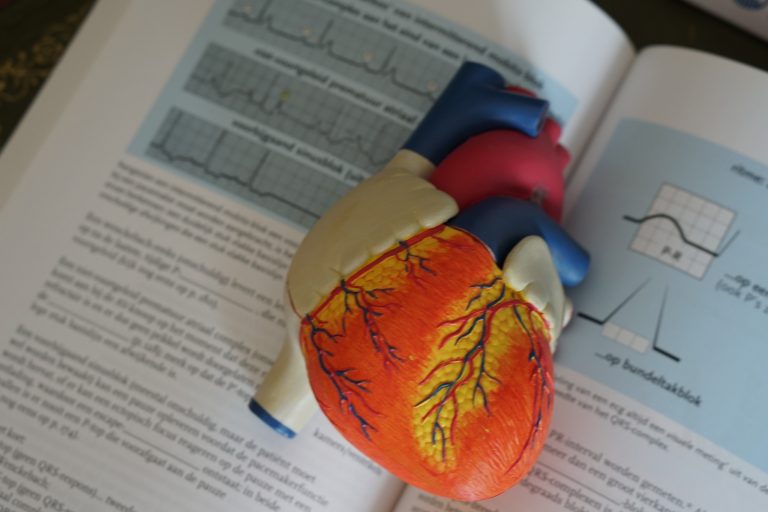When actor Bob Odenkirk collapsed on the set of his television show “Better Caul Saul” in the summer of 2021, his co-stars immediately called for help. The show’s health officer rushed over and began performing CPR. In interviews a few months later, Odenkirk credited that quick response, the use of an AED, and his recent physical activity for saving his life.

Actor Credits CPR For Saving His Life
Odenkirk says he suffered a “heart-related incident” and collapsed on set in July 2021. The on-set health officer performed CPR for 12 minutes. She then asked another person to take over, while she retrieved and administered an AED, or automated external defibrillator.
Odenkirk had to be shocked with the AED three times before his heart resumed its rhythm. His representatives later told the media that he was in stable condition.
In interviews, Odenkirk credits the quick action of his co-stars and the health officer in immediately starting CPR and using the AED when appropriate. He also says that he had recently increased his physical activity and stamina while training for a movie role. Not only did this improve the health of his cardiovascular system, but it made CPR more effective. He believes it also made recovery easier.
Read: What’s the Easiest Way to Prevent Heart Disease? Physical Activity
Odenkirk is fortunate that he had someone on set who was trained in CPR and AED use. The majority of people who suffer a cardiac arrest outside of a hospital setting don’t fare so well. This is why CPR training is so important. You could save a life! Register for a HeartCert CPR course today.
HeartCert CPR is your trusted training partner for CPR, ACLS, PALS, EMR, First Aid, CNA, IV and more, in Minnesota and throughout the United States.
HeartCert CPR courses include CPR/AED/First Aid, Basic Life Support (BLS), Advanced Cardiac Life Support (ACLS), Pediatric Advanced Life Support (PALS), Certified Nursing Assistant training, IV training, babysitter training and more. Courses and certifications from both the American Heart Association and American Red Cross are available.
We are now offering virtual CPR courses and certifications, as well as safe in-person courses at all locations and our headquarters, HeartCert CPR Eagan.















